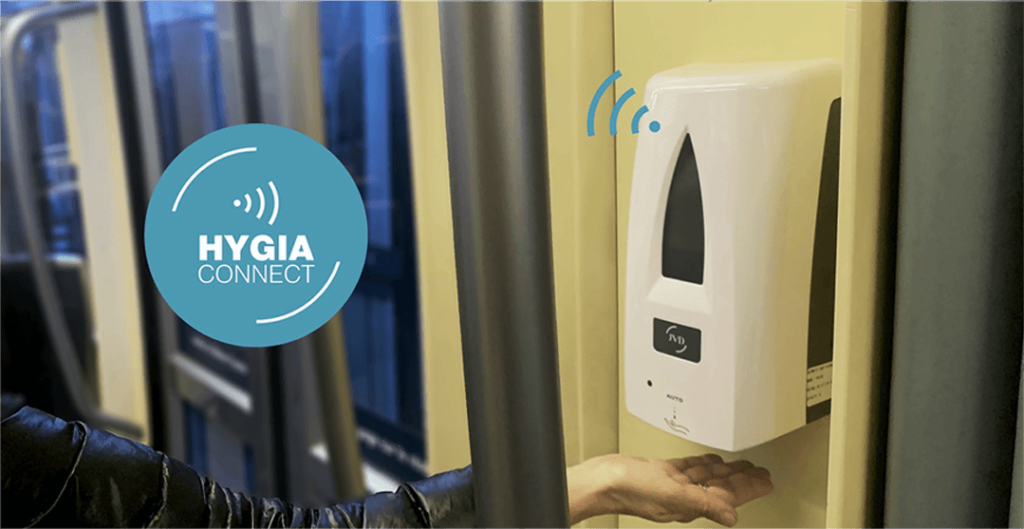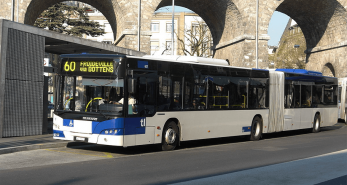Public areas & transport hands hygiene
Hand hygiene stations recommended in public areas by WHO
Providing universal access to public hand hygiene stations and making their use obligatory on entering and leaving any public transport facility, and any private or public commercial building. Facilities should be provided at all transport locations, and especially at major bus and train stations, airports, and seaports. (WHO)
Also, according to the World Health Organization, the use of public hand hygiene stations should be obligatory before passing the threshold of the entrance to any building and to any means of public transport during the COVID-19 pandemic. Repeated hand hygiene whenever outside private homes can in this way become part of the routine of everyday life in all countries.
Why hands disinfection is so Important?
Millions of people use bus, train, subway, every day to commute to work, or use it for private purposes. One thing can hardly ever be avoided: Contact with surfaces or objects. Holding on to the handle while driving, passengers run the risk of picking up pathogenic bacteria and viruses. This also applies to other public areas, such as airports, or shopping centres.
Working together for a healthier world
Good availability of hands hygiene, disinfectant stations, in the immediate vicinity of “pathogen hotspots” is an important prerequisite for disease prevention in public spaces. With Hygia Connect hands disinfection stations technology, Wellsept provides connected dispensers for medium to large public transportation vehicles, trains, buses, subway, ships, airplane, at any distance.






